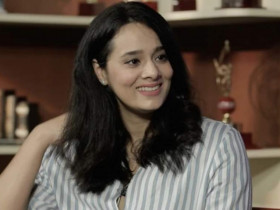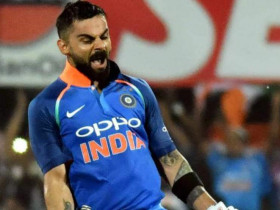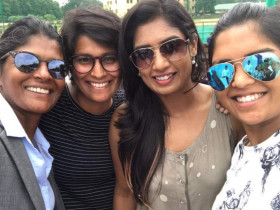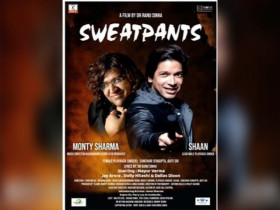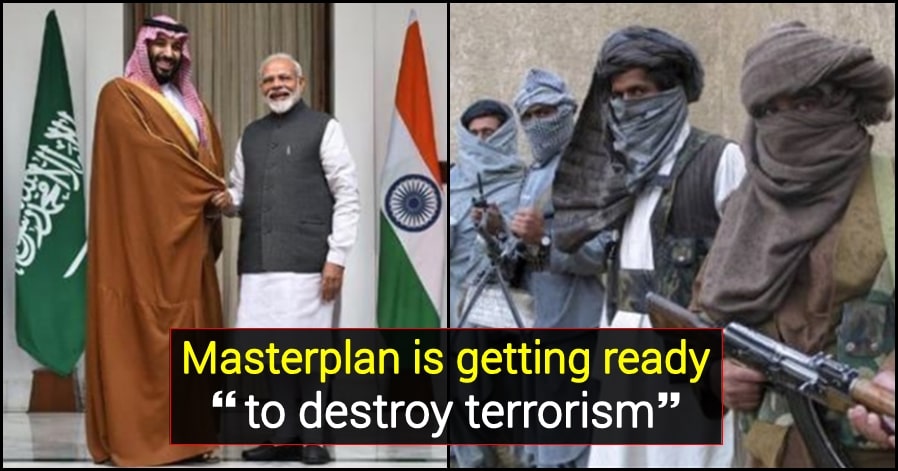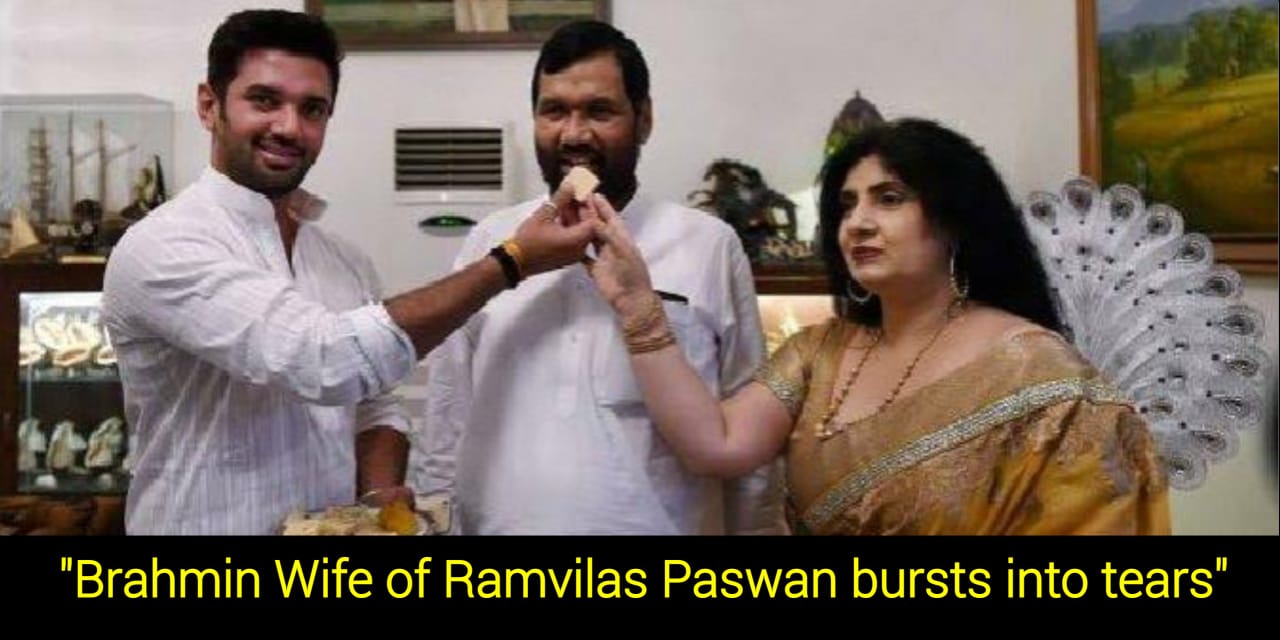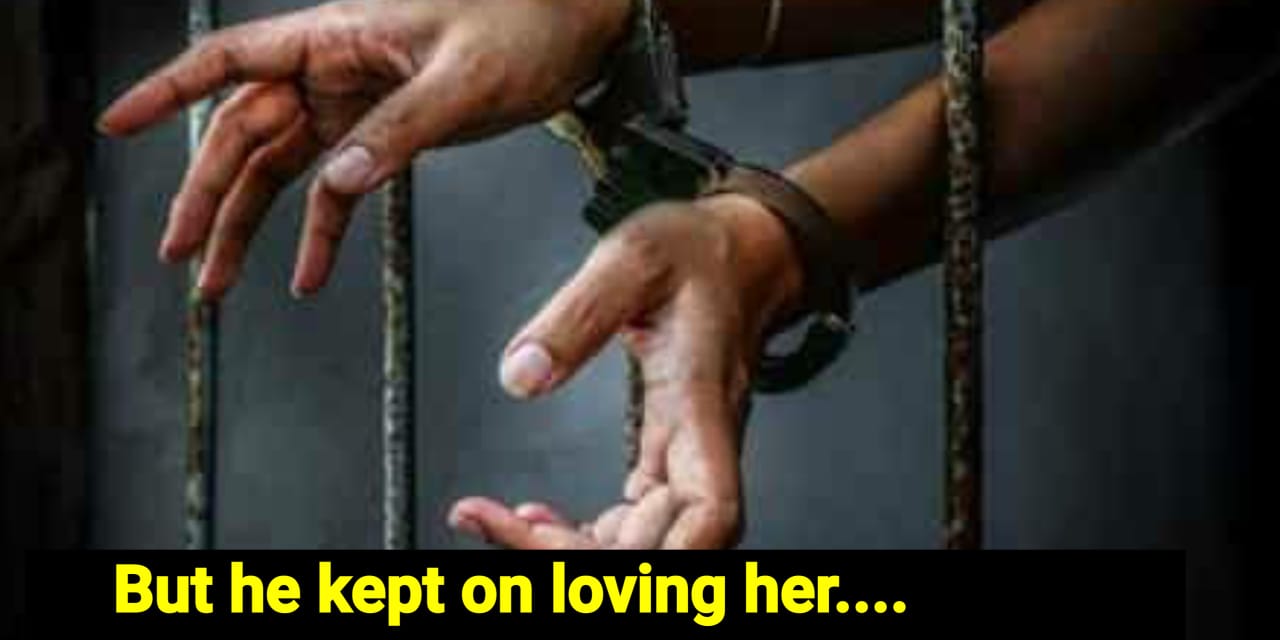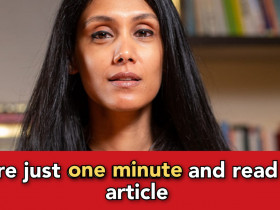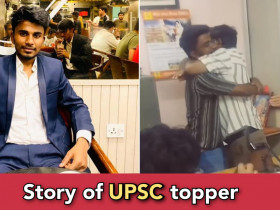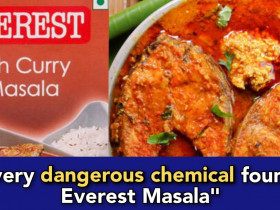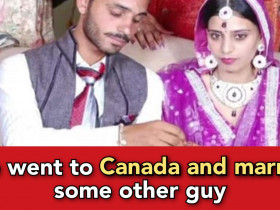Kerala State Education Minister Prof C Ravindranath, on Wednesday, notified the legislative assembly of figures to show how the present generation is leaving the religion or caste columns empty during admission in school or college.
As per a report by Mirror Now, Prof Ravindranath spoke about how the number of students enrolling in schools and colleges in Kerala leaving their religion or caste column blank is multiplying every academic year.
The number count is huge. As many as 1,24,144 students who secured admission to classes 1 to 12 in schools during the 2017-18 academic year in Kerala have left the caste and religion columns empty.
“In the latest academic year at least 124, 144 students between class and 1 and 12 stated they had no religion or caste. Every year their numbers are growing,” said the education minister while appreciating the positive change in the minds of India’s young.
Meanwhile, education department officials confess that they had no contribution towards bringing this massive change since there is nothing that they can do if the parents of a child say that they follow no religion.
However, all students who have secured admission to Vocational Higher Secondary Education (VHSE) courses in Kerala during 2017-18 have filled the caste and religion columns.
Meet MA Sneha from Tamil Nadu- the first Indian to get ‘No Caste-No religion’ certificate
After reading MA Sneha’s story, you’ll be surprised. She does not belong to any caste or religion. Hailing from the Tehsildar of Tirupattur in Vellore district, Tamil Nadu, the 35-year-old lawyer, Sneha became the first woman in India to get an official ‘no caste no religion’ certificate.
Sneha’s story is now going viral on social media. “You have actuated a long-dormant desire among Indians. Let’s discard what never belonged to us. Let us cast away caste. From this point, a better tomorrow will be more accessible,” tweeted the legendary actor-turned-politician Kamal Hasan praising her decision.
“I was brought up to think this way. My parents did not mention any caste or religion in my birth and school certificates. They refer to me as an Indian and we were brought up with these values. My sister Jennifer, Mumtaz and I were given names from different religious denominations.
We don’t belong to any religion or caste. I married Mr. Parthiba Raja, who is a revolutionary in his thoughts and beliefs, and we had a marriage devoid of any traditional religious ceremonies or any markers notifying caste,” says MA Sneha told The Better India.
The couple named their three daughters, in the same manner, Sneha and her sisters had been.
Following the footsteps of Sneha’s parents, the couple left the ‘caste’ and ‘religion’ columns empty in the school application forms of their daughters.
“So, this is my lifestyle from the beginning. If this is how we live, then why shouldn’t we get a ‘no caste, no religion’ certificate in place of a community certificate,” Sneha tells TBI.
For a fact, community certificate certifies that a person belongs to a specific minority community like Scheduled Caste (SC), Scheduled Tribe (ST), and other Backward Classes (BC). Community certificate which is issued by the State Governments is also known as caste certificate.
“It took me nine years to acquire this ‘no caste, no religion’ certificate. I was writing letters to the Tehsildar, requesting a no-community certificate in the beginning and they were rejected with barely a look. After multiple attempts, I applied by employing a procedure they use for a community certificate in 2017.
They had to answer the letter as it was numbered. They initially said there was no precedent for it, besides raising points like, ‘what is the use of this certificate’ and ‘we cannot agree to give you one without any particular reason’,” informs Sneha.
“By this certificate, I wasn’t going to steal or take away any benefits from anyone else. It is my identity and an acknowledgement of my life,” she says.
Removing religion and caste were great values passed on from Sneha’s parents. Even as her father was brought up in a family of Marxists, her mother was from a traditional family. When Sneha’s mother was in school, she showed interest in reading the works of BR Ambedkar, Karl Marx, Periyar. Her parents were classmates at Law College in Chennai.
“They fell in love and got married. They dedicated their lives to fighting casteism, communalism and supporting the cause of the suppressed communities. That’s the reason why they named their daughters with the names we have and promoted progressive thinking at home,” Sneha said.
After acquiring the certificate, she gives her husband K. Parthiba Raja who is a Tamil professor, a lot of credit. “My husband was so encouraging and supportive. We have taken an oath to sacrifice our family’s wishes for social causes. He has always been my backbone,” she says.
When asked everyone can get this certificate, she adds: “My records have always reflected no caste or religion. Those who have not had a caste or community mentioned in their certificates can follow the procedure I have. T
Those with a community certificate identifying them with a particular caste or religion must find a different way through the judicial system. Officials like the Sub Collector and Tehsildar don’t have the authority to revoke the certificates they have already given out. They must seek out the judicial system,” she explains.
“Through the writ, I seek a judicial or government order which will hopefully layout a procedure whereby people who are willing to get a ‘no caste, no religion’ certificate can acquire one. Not everyone can get this certificate. The authorities who I applied to used their discretionary powers. Not every Tehsildar and Sub Collector will encourage this sort of application,” she says.
(With inputs from The Better India)

